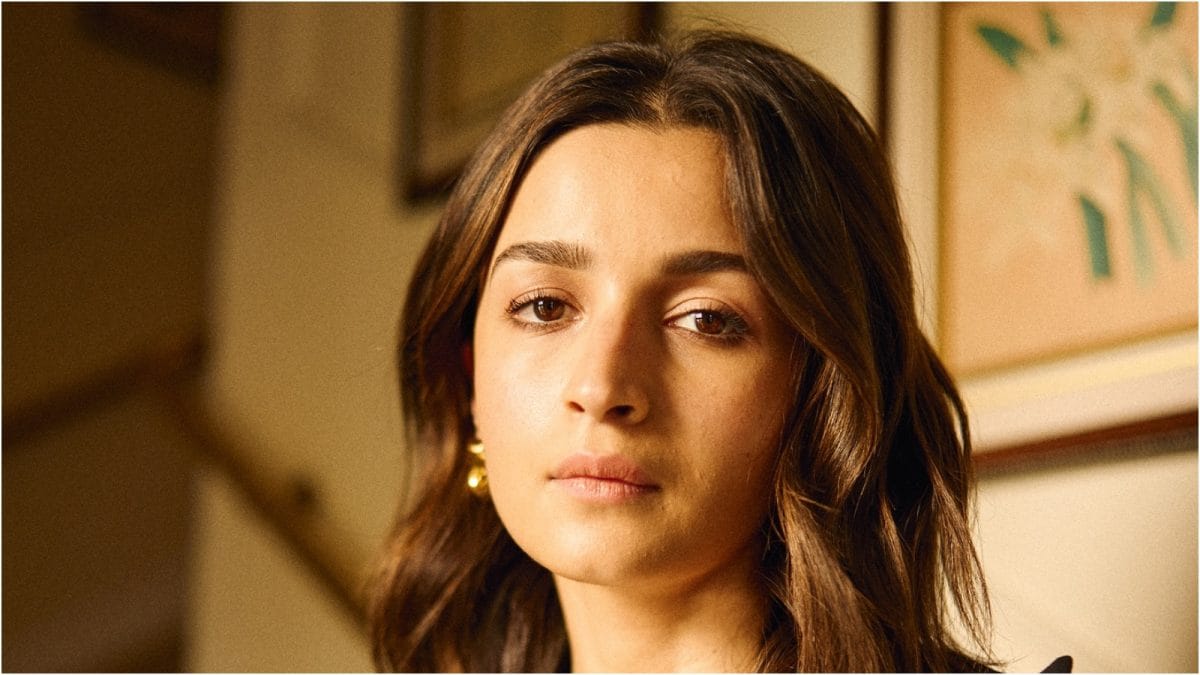Last Updated:
Alia Bhatt’s nutritionist Dr. Siddhant Bhargava clarified that while ghee does have its nutritional merits, it’s far from a cure-all and can do harm when consumed in excess.

Dr. Siddhant Bhargava, Alia Bhatt’s nutritionist, cautions against overconsumption of ghee.
Few foods are as deeply rooted in Indian kitchens and culture as ghee. Revered for centuries as a symbol of purity and nourishment, it has found a permanent spot in everything from festive feasts to skincare rituals. But in recent years, the humble clarified butter has undergone a modern rebranding where it has been elevated to ‘superfood’ status across social media and wellness circles.
Celebrity nutritionist Dr. Siddhant Bhargava, who has worked with stars like Alia Bhatt, Sara Ali Khan, and Ananya Panday, recently stepped in to clarify that this haloed perception of ghee as a miracle health food is misleading. In a YouTube short video, he explained that while ghee does have its nutritional merits, it’s far from a cure-all and can even be detrimental when consumed in excess.
When ‘Healthy’ Turns Harmful
According to Dr. Bhargava, one of the biggest dietary misconceptions in India today is the belief that “more ghee equals better health.” He noted that many people have begun adding spoonfuls of ghee to every meal, assuming it aids digestion, improves skin, or even helps with fat loss.
“The problem isn’t ghee itself — it’s the excessive use of it,” he said. Ghee remains a form of fat, and while it contains beneficial fatty acids and vitamins, it is also calorie-dense. Over time, those “extra dollops” can quietly lead to weight gain, elevated cholesterol, and metabolic strain, especially in individuals with sedentary lifestyles.
The Moderation Mindset
Dr. Bhargava emphasised that moderation is key. Ghee can be part of a balanced diet when used thoughtfully. For instance, a small drizzle over rotis or in home-cooked dal can provide healthy fats without tipping the scale. However, treating it as a ‘free pass’ food simply because it’s traditional or natural is a mistake.
He also pointed out that individual nutritional needs vary. What benefits one person may not suit another, depending on factors like activity level, metabolism, and existing health conditions. “Health isn’t one-size-fits-all. Even the most wholesome foods can have negative effects when consumed mindlessly,” he said.
Dr. Bhargava’s comments arrive amid a broader trend of reviving traditional ingredients from ghee to millets, often without critical evaluation. His message urges people to balance tradition with evidence-based nutrition, understanding that heritage doesn’t automatically equal health. In short, ghee isn’t the enemy, but it’s not a miracle either. As Dr. Bhargava reminds us, true wellness lies in moderation, balance, and informed choices and not in blindly following trends, no matter how golden they appear.
Delhi, India, India
October 18, 2025, 09:44 IST






